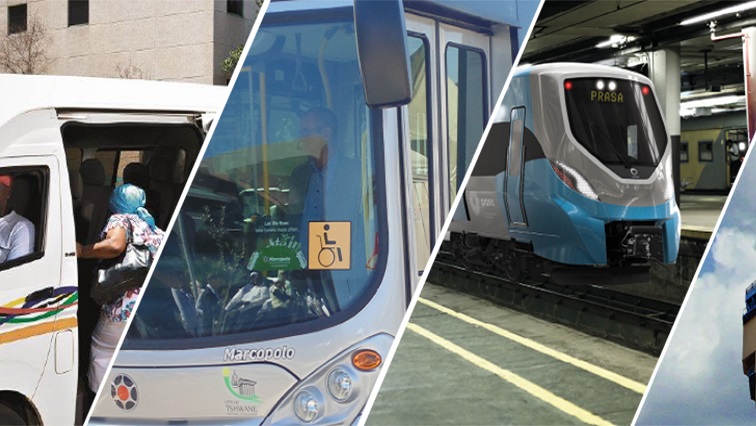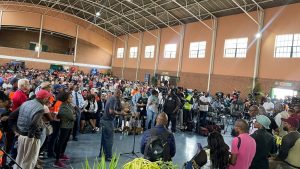The Competition Commission says the country’s public transport system lacks integration and is worsened by the inequality of transport modes.
The commission released its public transport market inquiry report earlier on Wednesday.
Commissioner Tembinkosi Bonakele says they received many public complaints about the sector.
The report identified key themes, including price setting and regulations and its impact on competition. It also looked at route allocation, licence and entry regulation and the impact of subsidies in the public transport space. The report was conducted from 2017.
Competition Commissioner Tembinkosi Bonakele says government currently does not have a policy that provides justification for some modes of public transport being subsidised while others are not.
He says rail transport, which accounts for 10% of commuter travelling, receives the largest proportion of subsidies.
He also notes that subsidised bus contracts signed between government and bus companies have not gone out to tender for years hence the market is dominated by large corporates, denying new entrants an opportunity to compete in that market.
The commissioner says the current transport system services different classes in the society. The many challenges facing transport integration are a result of policy issues.
“So, if you take the example of the minibus taxies, which transport the majority of the population – this is one sector that has not benefited from subsidies, which to a large extent has gone to other modes including buses, as well as rail, which is heavily subsidised. The provision of rail services by both Metrorail and Gautrain in Gauteng, the stark differences in infrastructure investment, service levels and quality standards in modes are an impediment to this integration that is required.”
The report also found there were regulation failures in minibus subsidies.
“It takes approximately 19 to 18 months in some provinces as opposed to the 60 days that are provided for in legislation. So, that’s a huge backlog coming from the provisional regulatory entities, which are the authorities responsible for issuing these licences.”
Furthermore, e-hailing transport in South Africa disrupted metered taxi businesses and the growing popularity of e-hailing transport caught regulatory authorities off guard.
Metered taxis were slow to respond and failed to create their own digital platforms to compete.
The commission recommends that metered taxis and e-hailing should not be regulated differently as they are both competing in the same market.
They also recommend that the transport department should help modernise the metered taxi industry
The Public Transport Market Inquiry report suggests government should finalise its subsidy policy and address the fragmented subsidies facing the transport sector.
Inquiry for the report, which began in 2017, had over 200 stakeholders in the industry, who submitted submissions to the competition commission.
The report will be handed over to the Minister of trade and industry and he will table it in parliament.






